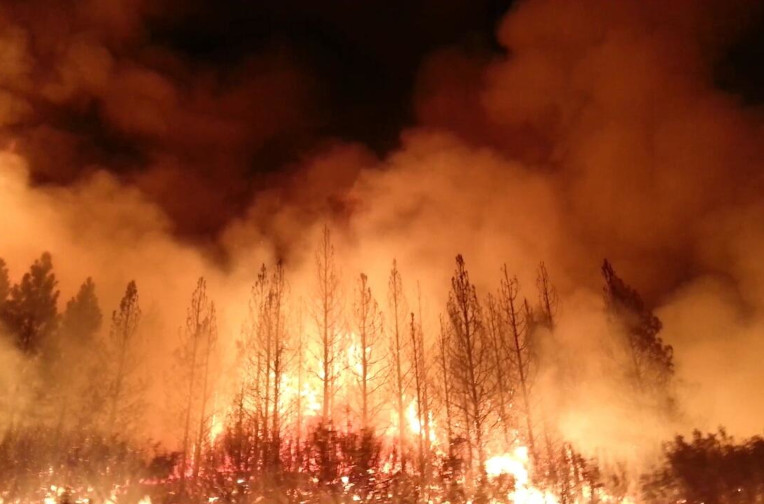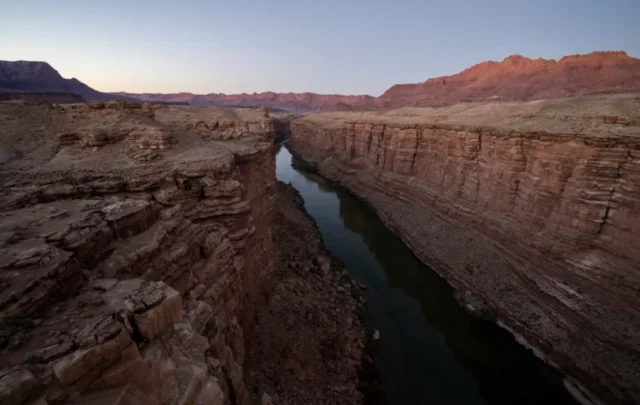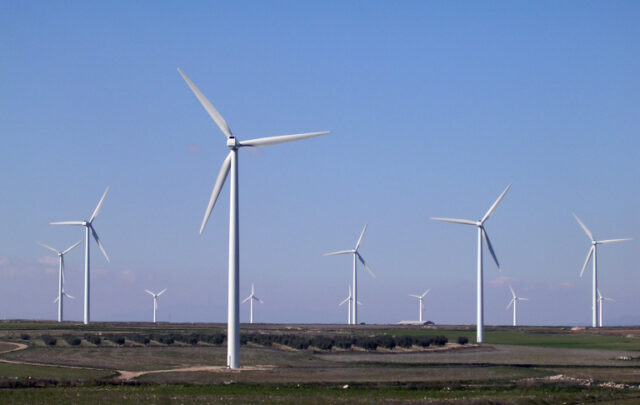- Objectivity has been a main tenet of journalism since early in the 20th century, but its application is loosely defined and humanly impossible to achieve, some media experts argue.
- Presenting an issue like climate change as a debate with two sides, as is still somewhat common, is often justified under the banner of objectivity, but it’s only one of many dissonant standards that environmental reporters are held to, argues podcast guest Emily Atkin.
- A journalist with a range of reporting experiences at top media outlets, she quit her day job to launch the acclaimed newsletter “HEATED,” which was spurred by a desire to report on the human causes of climate change and ecological destruction more directly, and she joins the show to explain her reasoning and why she thinks ideas like objectivity are outmoded.
- “You wouldn’t trust a reporter covering the opioid crisis who looked at all these kids dying and didn’t say ‘this is a problem,’ right?” she says.
It’s common to hear the word “objective” used in relation to the work of journalists. However, its definition and application are hotly debated, with some experts arguing it’s either impossible or impractical to apply in the profession, with some instead urging “moral clarity” as a new, more accurate standard.
Climate reporter Emily Atkin says that adherence to a loosely defined standard of objectivity is holding back climate reporting in the mainstream media, and that building trust with readers is more important.
Listen here:
Climate change and environmental issues overlap both human rights and science, yet they’re sometimes debated in the mainstream as if they’re purely factual topics that must be devoid of human investment. For instance, to “call out the polluters for polluting” is sometimes deemed advocacy by both readers and editors, says Atkin, in explaining why she started her independent newsletter, HEATED.
“I didn’t want to be fighting about whether or not we were being too ‘activisty’ by calling out polluters, when I really thought that that was what journalism was supposed to be,” she says.
This dynamic isn’t relegated to the environmental or climate beats. Preventing reporters who care about civil rights from covering protests also has precedent, though such policies are inconsistently applied. But Atkin argues that, just as with war or health crises, you wouldn’t want someone who is completely detached from the human consequences of these to be reporting such news anyway.
“You wouldn’t trust a reporter covering the opioid crisis who looked at all these kids dying and didn’t say ‘this is a problem,’ right? We don’t consider that to be necessarily a breach of journalistic objectivity, but for some reason we still consider it to be a breach of objectivity for the climate crisis,” Atkin says.





